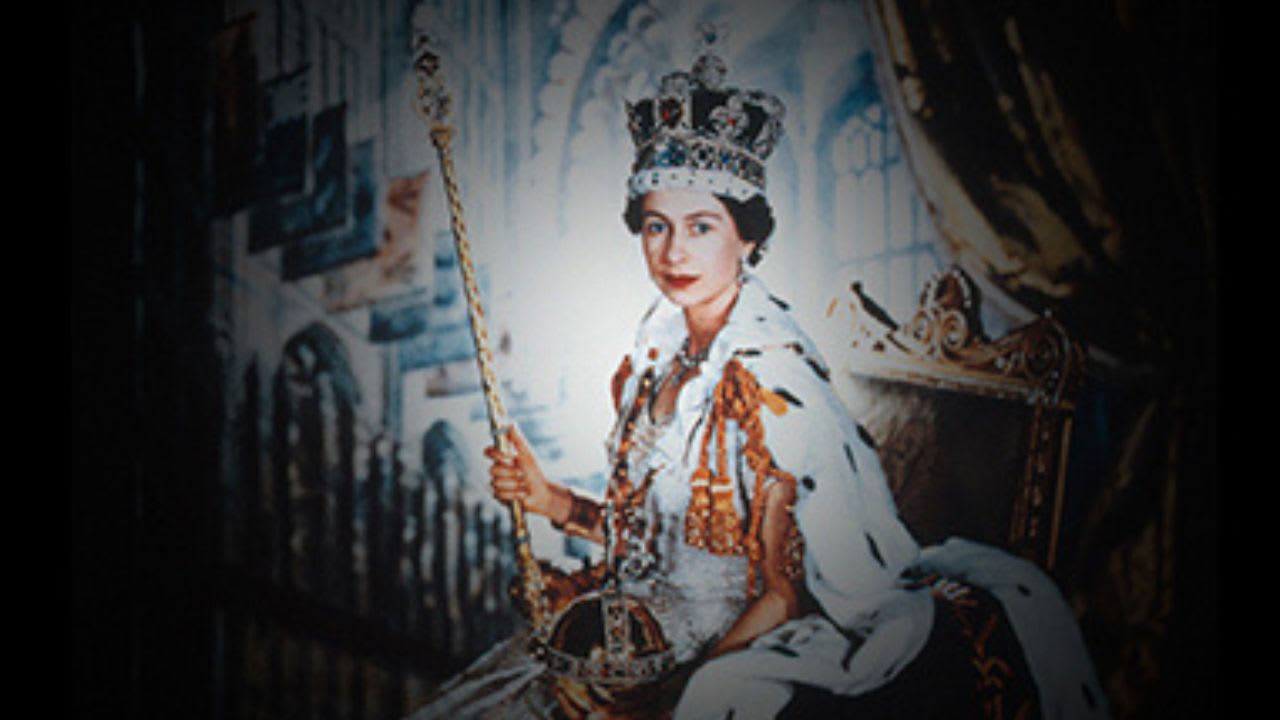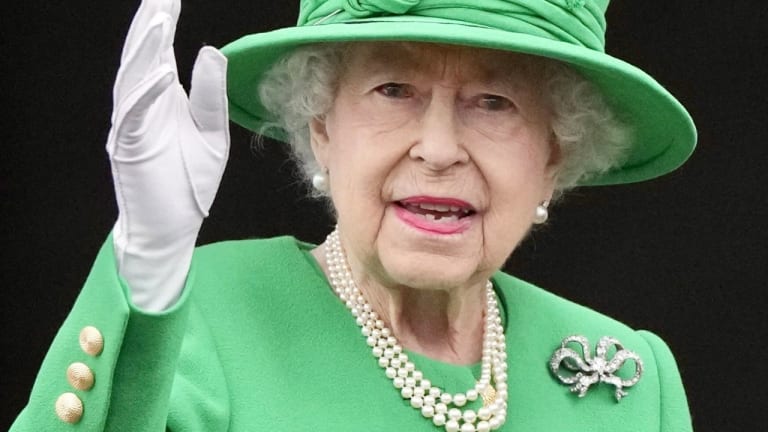End of an era: Queen Elizabeth II dies at 96

After seven decades on the throne, Queen Elizabeth II, 96, died peacefully in her Scottish estate in Balmoral on Thursday local time.
Britain's longest-serving monarch had been under close medical supervision in the past 24 hours amid concerns that her health was quickly deterioritating. This prompted senior members of the royal family to be by her side.
Read more: Queen Elizabeth II 'deeply touched' by Jubilee
Elizabeth ascended to the throne at age 25, in 1952, and had only recently celebrated another Jubilee. She is succeeded by her eldest son, who takes on the title King Charles III.
Charles and wife Camilla, the queen consort, are set to return to London on Friday to address the public.

Soon after the passing of Elizabeth – one of the world's most well-known leaders – Charles had released a statement saying that the queen's demise would be "deeply felt" by "countless people around the world".
Elizabeth's reign had seen 15 prime ministers over the years, all of whom worked with her throughout an era of post-war recovery and political and economic upheaval, such as the end of the Cold War and Britain's strained relations with the European Union.
UK Prime Minister Liz Truss, who was appointed by the queen on Tuesday, called Elizabeth a leader who provided the nation with "stability and strength".
"With the passing of the second Elizabethan age, we usher in a new era in the magnificent history of our great country, exactly as Her Majesty would have wished, by saying the words 'God save the King,'" Truss said.


